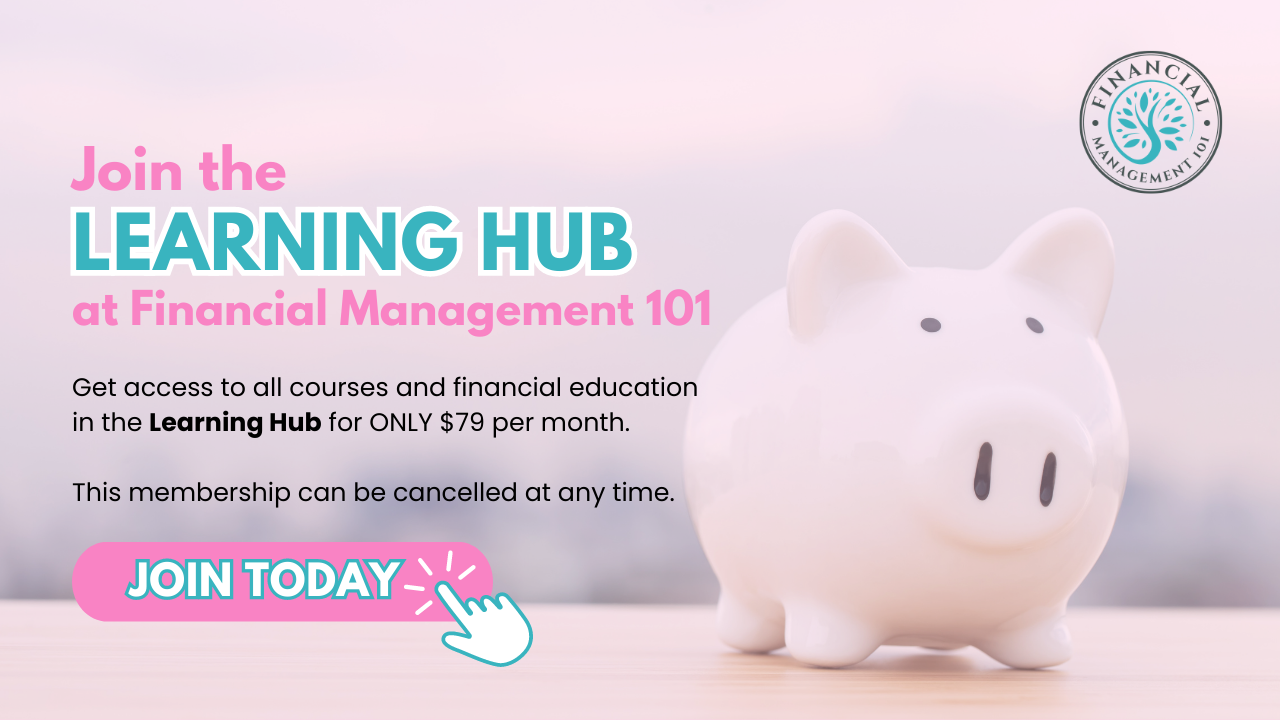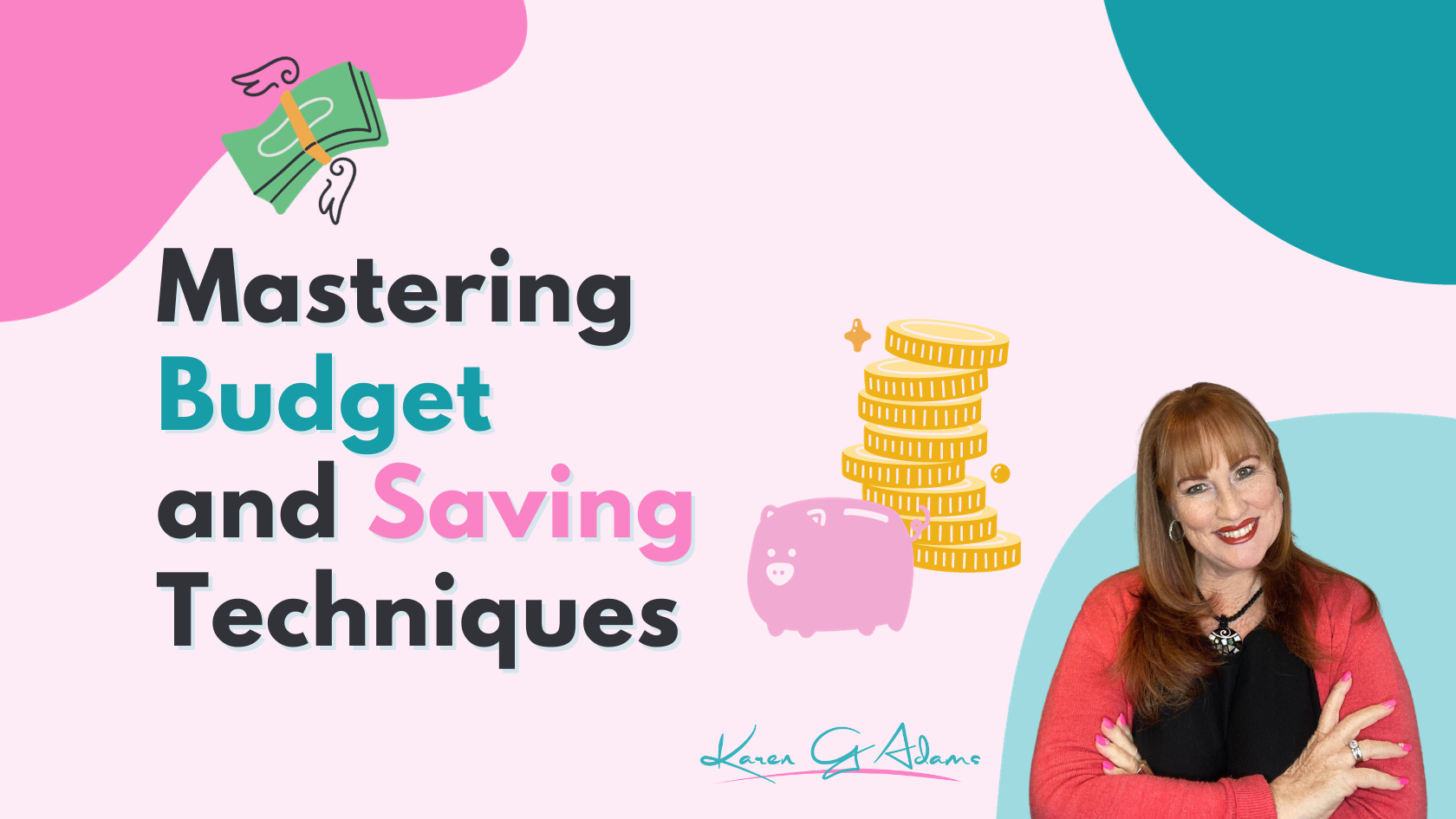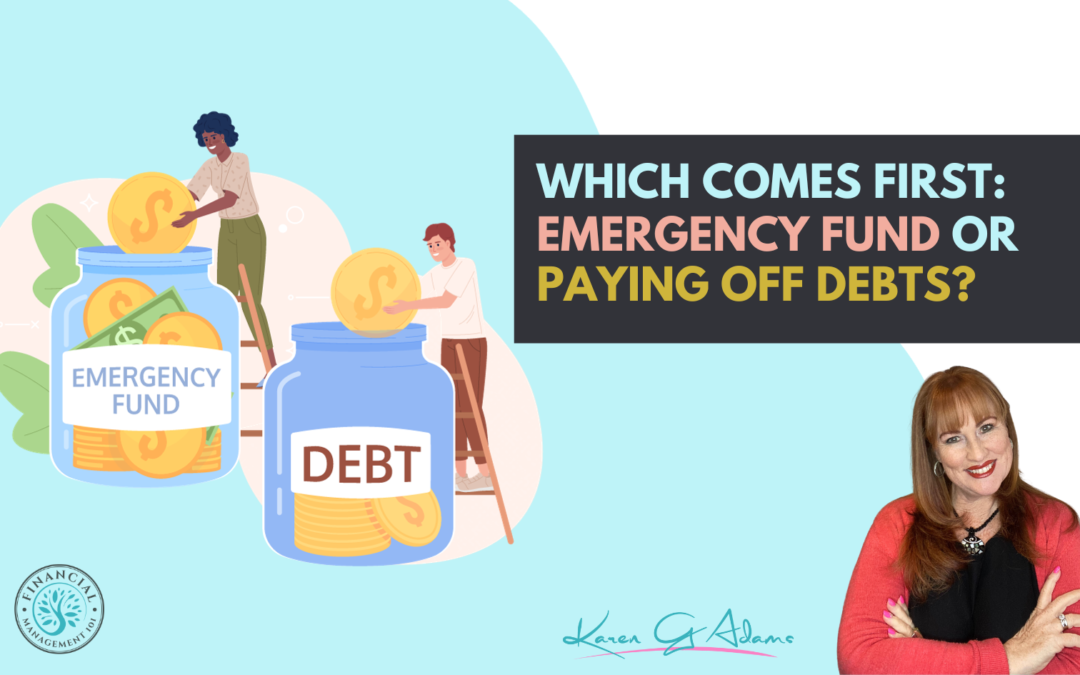
Debt Consolidation: A Midlife Financial Tune-Up
As we navigate our 30s, 40s, and early 50s, managing multiple debts can be like juggling with too many balls in the air. Whether it’s credit card debts, personal loans, or car payments, keeping track can be overwhelming. This is where debt consolidation comes in as a practical financial strategy, providing a much-needed tune-up for your finances.
1. UNDERSTANDING DEBT CONSOLIDATION
Debt consolidation is the process of combining multiple debts into a single loan with a lower interest rate. This simplifies payments and may save you money on interest, making debt management easier and less stressful.
2. ASSESS YOUR DEBTS
Begin by making a list of all your debts, including their balances, interest rates, and monthly payments. This exercise provides you with a clear picture of your overall debt, which is essential for effective debt consolidation.
3. FINDING THE RIGHT CONSOLIDATION LOAN
Look for a consolidation loan with a lower interest rate than the one you have now. Consider the loan term as well; a longer term may result in lower monthly payments but higher interest over time.
4. BEWARE OF HIDDEN COSTS
Keep an eye out for any fees associated with debt consolidation. Origination fees, balance transfer fees, and early repayment penalties can sometimes cancel out the benefits of a lower interest rate.
5. BUDGETING POST-CONSOLIDATION
It is critical to adjust your budget after consolidating. The goal is not only to effectively manage the new loan, but also to avoid incurring new debt.
6. BUILDING HEALTHY FINANCIAL HABITS
Debt consolidation is an excellent way to establish better financial habits. To avoid falling back into debt, commit to spending within your means and saving for emergencies.
7. CREDIT SCORE CONSIDERATIONS
Understand how debt consolidation may affect your credit score. Initially, it may cause a dip due to the hard inquiry from applying for a new loan. However, consistent payments can improve your credit score over time.
8. AVOIDING THE DEBT TRAP AGAIN
Consolidating debt should not be seen as a green light to rack up more debt. Avoid using credit cards or taking out new loans unless absolutely necessary.
9. SEEKING PROFESSIONAL ADVICE
Consult with a financial advisor to determine the best debt consolidation strategy for your unique situation and long-term financial goals.
10. CELEBRATIONG FINANCIAL MILESTONES
Track your progress and celebrate when you reach significant milestones in your debt repayment journey. This keeps you motivated and focused on your financial goals.
Debt consolidation, when done right, can be a game-changer in your financial journey. It’s not just about easing the burden of multiple debts but also about setting the stage for a more secure and stress-free financial future.
The LEARNING HUB at Financial Management 101 aims to help you gain more financial knowledge, while providing you with the support and help you need. Join the Learning Hub today for only $79 per month.




















